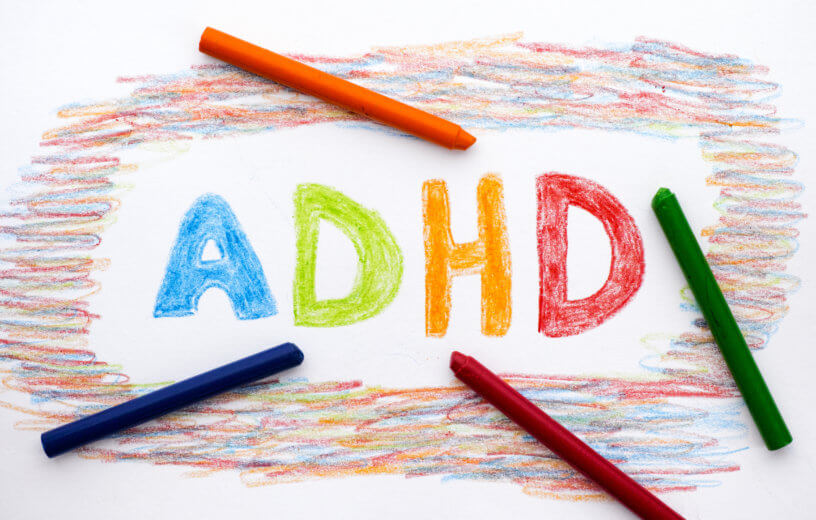TORONTO, Ontario — Many parents fear the worst if their child has ADHD, but researchers from the University of Toronto find even if attention deficit hyperactivity disorder persists into adulthood, a great number of patients still enjoy robust mental health. Their study finds 42 percent of adults living with ADHD still display strong mental health.
What exactly constitutes great mental health?
For the study, participants had to be free of mental illness over the previous year, which includes bouts of substance use disorders, depression, anxiety, and suicidal thoughts. They also had to report near daily happiness or life satisfaction, and high levels of both social and psychological well-being over the prior 30 days.
“This finding provides a very hopeful message for both individuals struggling with ADHD and their loved ones,” says lead study author Esme Fuller-Thomson, professor at the University of Toronto’s Factor-Inwentash Faculty of Social Work and director of the institute for Life Course and Aging, in a media release.
“This research marks a paradigm shift. Most previous research, including my own, has focused on mental illness among those with ADHD so to focus on those who are thriving mentally is refreshing and very heartening.”
What helps people stay in good mental health?
Researchers analyzed a nationally representative sample of 480 respondents diagnosed with ADHD and 21,099 people without ADHD from Statistics Canada’s Canadian Community Health Survey-Mental Health. Notably, a number of factors displayed a connection to “complete mental health” among ADHD patients. For example, married adults with ADHD, those who are active regularly, free from chronic pain, or have no lifetime history of mental health problems are more likely to be in a good place mentally.
“Our findings emphasize the importance of addressing comorbid mental health issues when providing care to individuals with ADHD” says co-study author Bradyn Ko, a recent graduate of the Master of Social Work (MSW) program at the University of Toronto. “Those with ADHD who also struggle with depression and anxiety face substantial barriers to achieving complete mental health, and may benefit from targeted care. Cognitive Behavioral Therapy is a very promising intervention that has been shown to be effective for those with ADHD”
“These results highlight potentially modifiable risk factors to support the well-being of adults with ADHD,” adds co-author Lauren Carrique, a recent MSW graduate from the University of Toronto. “When compared to being sedentary, engaging in optimal levels of physical activity approximately quadrupled the odds of complete mental health. This underlines the potential value of physical activity in helping individuals with ADHD achieve excellent mental health.”

People with ADHD ‘still lagging far behind’
The team also identified specific populations of adults living with ADHD who may be more likely to encounter mental health issues. These groups include women.
“The finding that female respondents were less likely to be in flourishing mental health highlights the specific vulnerabilities among women with ADHD,” comments study co-author Andie MacNeil, a recent Master of Social Work graduate from the University of Toronto. “This aligns with other research that has found higher rates of depression, anxiety, and suicidality among women with ADHD, which may partially explain this gap in mental well-being.”
For what it’s worth, while about 42 percent of those with ADHD showed strong mental health, 73.8 percent of the non-ADHD group also displayed robust well-being.
“Although we were surprised and delighted to find that two in five adults with ADHD were in excellent mental health, they are still lagging far behind their peers without ADHD, for whom 74% were thriving. There is still a long way to go in closing the mental health gap between those with and without ADHD,” Fuller-Thomson concludes. “This study calls attention to this gap, while also emphasizing potential mechanisms to reduce this discrepancy.”
The study appears in the International Journal of Applied Positive Psychology.
